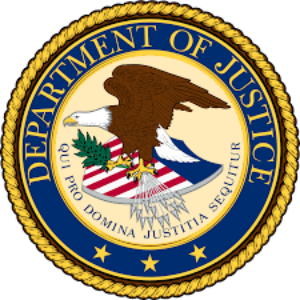For almost four years, the Department of Justice has responsibly used the authority Congress granted it in the Preventing Emerging Threats Act of 2018 to protect critical department missions and the public, such as high-profile sporting events like the Super Bowl and the World Series, from the threat posed by unmanned aircraft systems (UAS), commonly referred to as “drones.”
The department uses the authority to keep our communities safe while ensuring full respect for the Constitution, privacy, civil rights and civil liberties, and the safety of the national airspace system. But the threat posed by the criminal use of drones is increasing and evolving, and department components cannot protect everyone, everywhere, all the time.
The department strongly supports the Administration’s Counter-UAS National Action Plan and comprehensive legislative proposal transmitted to Congress on April 19 seeking the reauthorization of the department’s authority. Additionally, the department strongly supports the element of the National Action Plan incrementally extending relief from federal criminal laws to state, local, territorial and tribal (SLTT) law enforcement entities to use technology to detect, and in limited circumstances, mitigate UAS threats under appropriate controls and Federal oversight. A third critical component of the plan is endorsement of the department’s legislative proposal that would fill a gap in federal criminal laws to prosecute the most malicious and dangerous uses of drones.
The department is grateful to the Administration for recognizing the increasing risk and for involving federal departments and agencies in crafting a thoughtful approach. The Counter-UAS plan is a whole-of-government measured proposal that builds off existing authorities to address the threat that simultaneously protects privacy and civil liberties of the American people, the safety of the national airspace and the communications spectrum.
In the coming weeks, the department and interagency will engage with the Congress and key stakeholders across the government, private sector, law enforcement and society on the plan and legislative proposal.
Source: Press Release

